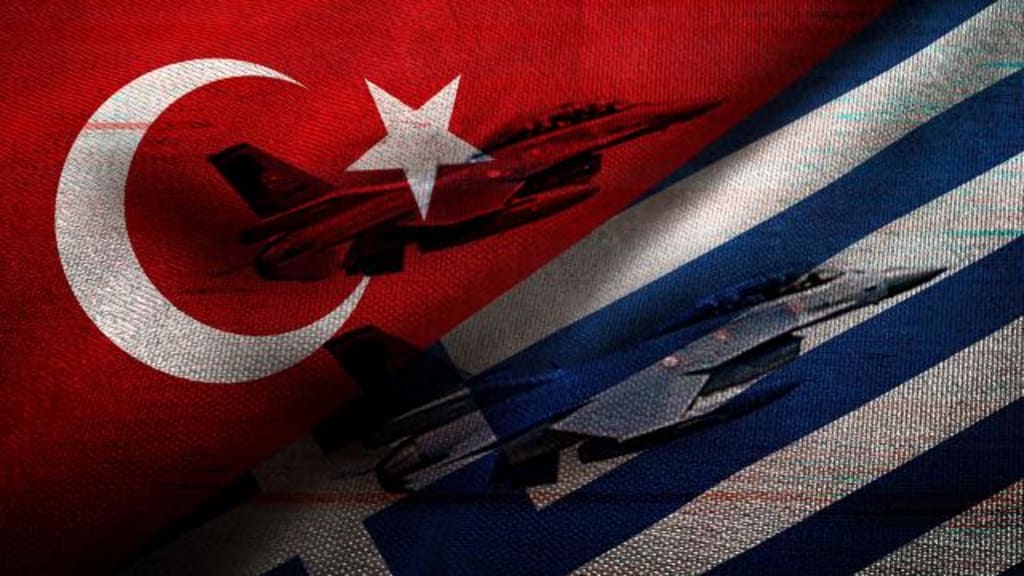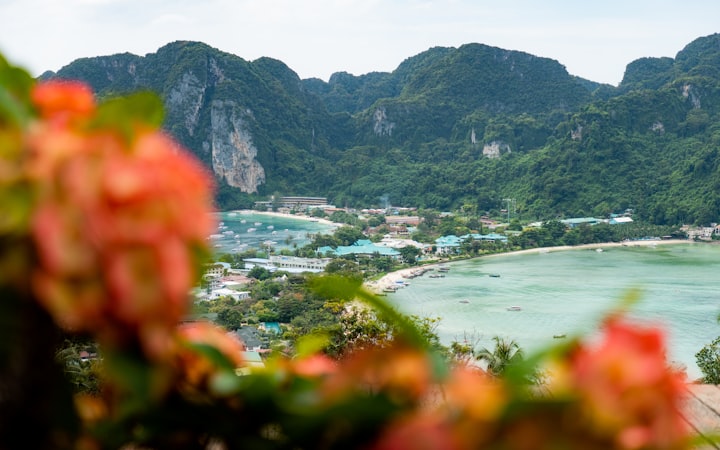
Turkey and Greece have been in conflict for many years over a number of issues, including territorial disputes in the Aegean Sea, the status of Cyprus, and conflicting claims over oil and gas reserves in the Eastern Mediterranean. These disputes have been fueled by historical tensions, differing geopolitical interests, and a lack of agreement on the rules of the sea. The situation has escalated in recent years, with both countries engaging in military drills, making territorial claims, and detaining each other's citizens.
One of the main sources of tension between Turkey and Greece is their conflicting claims over the Aegean Sea. The Aegean Sea is an important shipping lane and is rich in oil and gas reserves, which both countries claim as their own. The two countries have different interpretations of the laws of the sea and the extent of their territorial waters, which has led to disputes over the rights to explore and exploit these resources. In 1996, the two countries came close to war over a small islet in the Aegean, and tensions have continued to simmer over the years.
Another source of conflict is the status of Cyprus, which is divided between a Greek Cypriot-controlled South and a Turkish Cypriot-controlled North. Turkey has occupied the northern part of the island since 1974, and the two sides have been in a stalemate for decades. In recent years, attempts have been made to reunify the island, but these have failed, and the situation remains unresolved. The situation in Cyprus has further strained relations between Turkey and Greece, and both countries continue to support their respective communities on the island.
In recent years, the situation in the Eastern Mediterranean has escalated, with Turkey and Greece engaging in military drills and making territorial claims. Turkey has been exploring for oil and gas in the region, and in August 2020, it signed a maritime delimitation agreement with Libya, which Greece claims infringes on its exclusive economic zone. The agreement sparked concerns in Greece and other countries in the region, leading to increased military activity and tensions between Turkey and Greece.
The situation has further escalated in recent months, with both countries detaining each other's citizens and engaging in military exercises in the region. In November 2020, Turkey detained two Greek soldiers who strayed across the border, leading to a diplomatic crisis. The situation was resolved after several weeks, but tensions have continued to simmer. In January 2021, Turkey detained another Greek soldier, further increasing tensions between the two countries.
In addition to the territorial disputes, historical tensions between Turkey and Greece have also contributed to the conflict. The two countries have a long and complex history, marked by conflict, and this history has colored their current relations. For example, Greece disputes Turkey's claim to the city of Constantinople (modern-day Istanbul), which was the capital of the Byzantine Empire and is considered by Greeks to be a part of their cultural heritage. Similarly, Turkey disputes Greece's claims to the Aegean Sea and to certain islands, which it considers to be part of its historical and cultural heritage.
The situation between Turkey and Greece has been complicated by the wider geopolitical situation in the region. The two countries are part of different alliances, with Turkey being a member of NATO, and Greece being a member of the European Union. This has led to concerns about the broader implications of the conflict for the region, with some fearing that the situation could escalate into a wider conflict.
In conclusion, the conflict between Turkey and Greece is complex and has been fueled by a range of historical, geopolitical, and legal factors. It is important for both countries to work towards resolving their disputes in a peaceful and constructive manner, and for the international community to play a role in promoting peace and stability in the region. With the right combination of political will, diplomatic engagement, and creative solutions, it is possible for Turkey and Greece to resolve their differences and to build a more peaceful and cooperative relationship in the future.





Comments
There are no comments for this story
Be the first to respond and start the conversation.